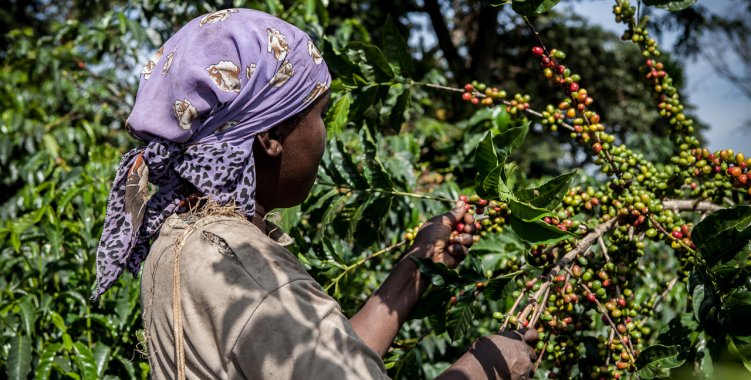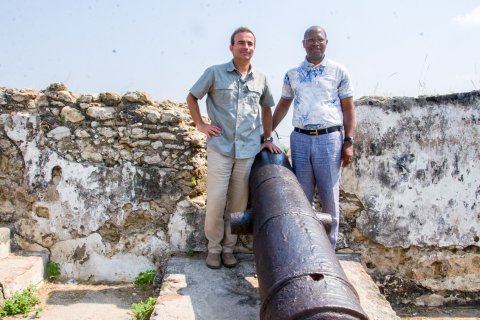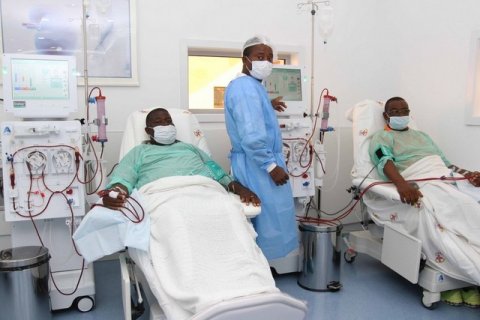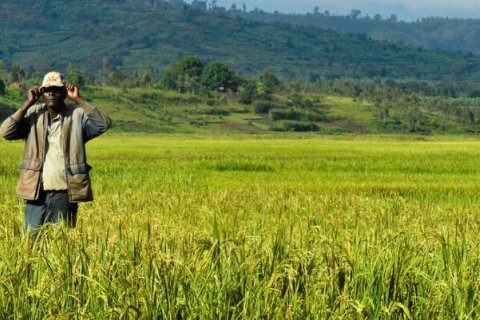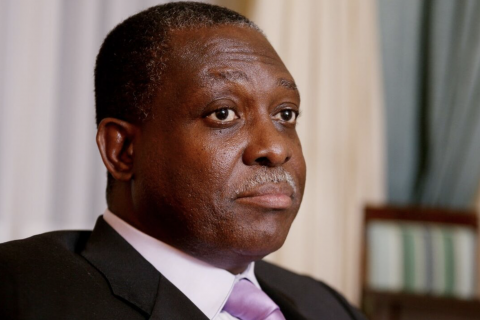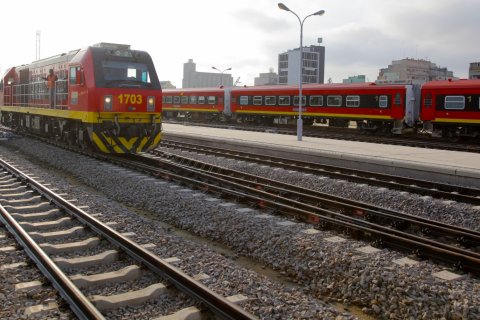To achieve this growth, according to the provisional results presented this Wednesday in Luanda, all actors in the process need to have a "common strategic vision", because Angola "has arguments to produce value chain in this segment".
The study was developed by the European Alliance on Agricultural Knowledge for Development (Agrinatura) in collaboration with the ministries of Economy and Planning and Agriculture and Forestry and financed by the Food Security, Nutrition and Rural Development Unit of the European Union.
Held in September 2019 in the provinces of Uige, Kwanza Norte, Kwanza Sul and Huambo, the functional analysis of the study states that of the 24,785 national coffee producers, 23,345 are small family farmers and the others are commercial producers.
According to Bernardo Piazzardi, Agrinatura researcher who presented the functional component of the study, Angola has 15 units of coffee peeling, located in the producing units, but only 50 per cent of its capacities are in operation.
The four provinces, which were the subject of the study, given the volume of their coffee production, comprise a total area of 79,721 hectares, but, noted the expert, Angola harvests only 38,878 hectares of coffee.
For Bernardo Piazzardi, financing problems and low economic returns contribute to Angola exploiting only 50 percent of its coffee potential.
The observation areas represent 75 per cent of old plants and the remaining new plants, advocating innovation.
Among the main constraints in the coffee value chain, in the production area the study points out the existence of old plants, the manual production system, lack of financial assistance, among others.
Low quality raw material, fragility of suppliers, infrastructure and services in poor conditions are also some of the constraints in the field of processing.
For the Secretary of State for Agriculture and Livestock, José Carlos Bettencourt, the preliminary results of the study, financed by the European Union, "are in line with the expectations of the authorities" in the country, admitting the need for "greater support" for small farmers.

